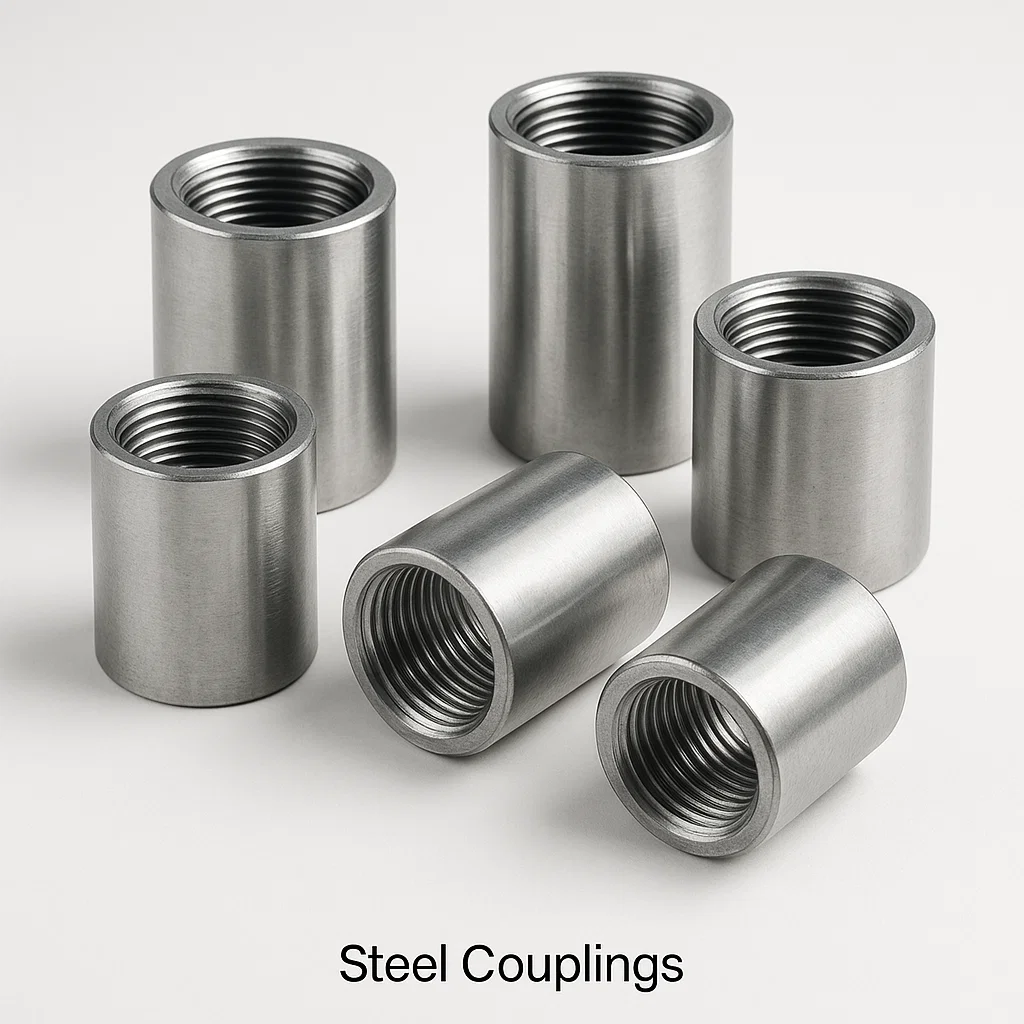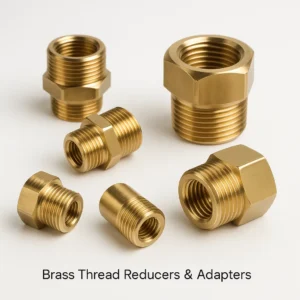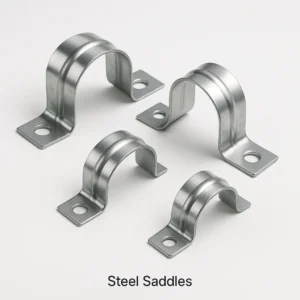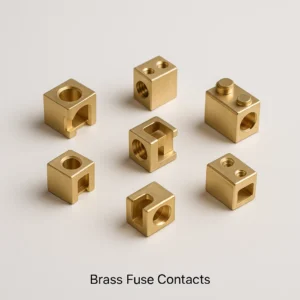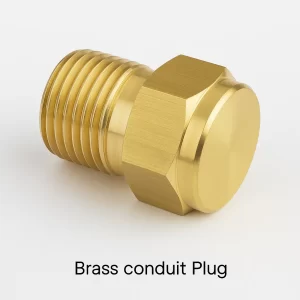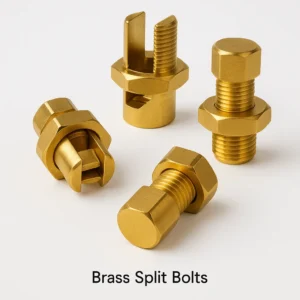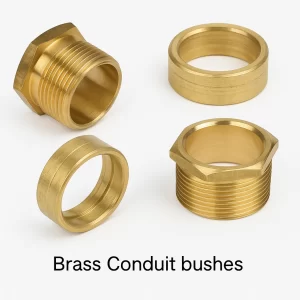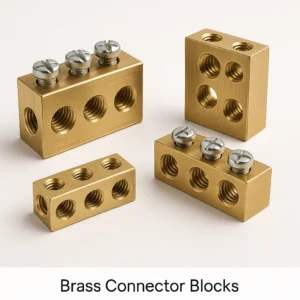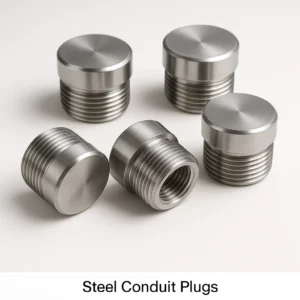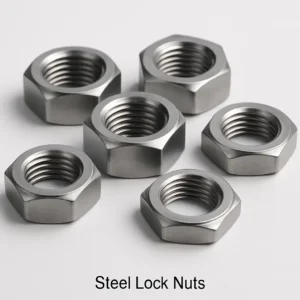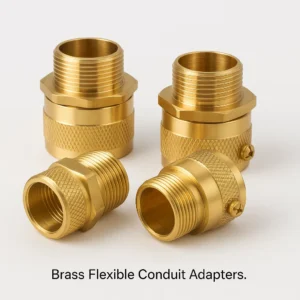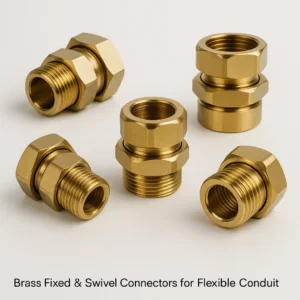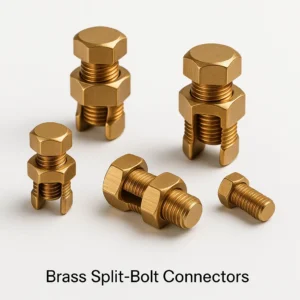High-Performance Steel Couplings: Robust Connections for Demanding Mechanical Systems
We are one of the leading manufacturers and exporters of precision-engineered Steel Couplings from India. We have been supplying superior quality power transmission components and shaft coupling solutions to the world market for many decades, establishing a formidable reputation for reliability, technical excellence, and competitive pricing. Our state-of-the-art manufacturing facility in Jamnagar is equipped with advanced machinery and is supported by a highly skilled engineering team dedicated to producing components that meet the most stringent international standards. Our Steel Couplings are renowned for their exceptional torsional strength, high misalignment compensation capabilities, and excellent durability, making them the preferred choice for a multitude of industrial power transmission applications. We specialize in providing both standard and customized coupling solutions, ensuring a perfect fit for your specific torque and speed requirements. Our commitment extends beyond manufacturing to encompass robust customized packaging, timely global logistics, and unparalleled customer support, solidifying our position as a trusted partner in the global industrial supply chain.
Comprehensive Overview of Steel Couplings
Steel Couplings are fundamental mechanical devices used to connect two rotating shafts together, primarily for the purpose of transmitting power from a drive shaft (like a motor) to a driven shaft (like a pump or gearbox). The primary functions of a high-quality shaft coupling extend beyond mere power transmission; they are engineered to accommodate various types of shaft misalignment (angular, parallel, and axial), to absorb shock loads and vibrations, and to provide a mechanical break in the system for ease of maintenance. The choice of Steel as the core material is strategic, leveraging its innate properties such as high tensile strength to handle significant torque loads, excellent fatigue resistance for long service life under cyclic loads, and the ability to be precision-machined to tight tolerances. These couplings are indispensable in a vast array of systems, including industrial pump sets, compressor drives, conveyor systems, marine propulsion, and heavy-duty machining centers, ensuring smooth and efficient power transmission while protecting expensive connected equipment.
In-Depth Look at Rigid Steel Couplings
Our Rigid Steel Couplings are designed for applications where precise shaft alignment is critical and no misalignment is expected during operation. Manufactured from high-strength alloy steel such as AISI 4140, these couplings provide a solid, unwavering connection between two shafts. The manufacturing process involves precision CNC machining from solid steel bar stock or forgings to achieve exceptional concentricity and balance. Common types include sleeve couplings and flanged couplings secured with high-tensile steel bolts. Because they do not accommodate misalignment, they are typically used in applications where shafts are aligned with laser precision, such as in precision machine tool spindles, turbine generators, and some pump and compressor systems where their high torque capacity and torsional rigidity are paramount.
Technical Specifications: Rigid Flanged Steel Coupling
| Parameter | Specification | Tolerance |
|---|---|---|
| Material | AISI 4140 Alloy Steel | – |
| Heat Treatment | Quenched and Tempered | To RC 32-36 |
| Type | Flanged, Keyless Clamp, or Sleeve | – |
| Standard Bore Range | 10mm to 150mm | H7 tolerance |
| Keyway | Standard Square or Rectangular per ISO 773 | – |
| Fasteners | Grade 8.8 or 12.9 Steel Bolts | – |
| Surface Finish | Phosphate Coating or Black Oxide | – |
Advanced Flexible Steel Couplings
Our range of Flexible Steel Couplings is engineered to transmit torque while dynamically compensating for shaft misalignment, damping vibrations, and absorbing shock loads. The steel gear coupling is a prime example, consisting of two steel hubs with external gear teeth that mesh with a steel sleeve having internal gear teeth. This design allows for significant misalignment compensation while maintaining a high torque density. Another popular variant is the steel disc coupling or membrane coupling, which uses a series of thin, stainless steel discs that flex to accommodate misalignment. These couplings are manufactured from high-grade steels like AISI 1045 or 304 Stainless Steel and are balanced to high speeds. They are essential in high-speed turbo machinery, paper mill drives, steel rolling mills, and extruder drives, where reliability under misalignment is critical.
Technical Specifications: Flexible Steel Gear Coupling
| Parameter | Specification | Tolerance |
|---|---|---|
| Material (Hub/Sleeve) | AISI 1045 Carbon Steel / AISI 4140 | – |
| Lubrication | Grease or Oil | – |
| Max. Speed | Up to 5000 RPM (Size Dependent) | – |
| Misalignment Capacity | Angular: Up to 1.5°, Parallel: Up to 0.2mm | – |
| Bore Range | 20mm to 250mm | H7 tolerance |
| Standard | AGMA 9002, API 671 | – |
Material Grades and International Standards
Our Steel Couplings are manufactured from a range of internationally recognized steel grades to meet diverse application needs and regional specifications.
-
Carbon Steels (ASTM/AISI): AISI 1045, AISI 1020 (for lower loads)
-
Alloy Steels (ASTM/AISI): AISI 4140, AISI 4340 (for high strength and toughness)
-
Stainless Steels (ASTM/AISI): AISI 304, AISI 316 (for corrosive environments)
-
India (IS): IS 2062, IS 5517 (EN Series)
Our products are designed and manufactured in compliance with international standards for quality and performance, including ISO 9001, AGMA 9002 (Gear Couplings), API 671 (Special Purpose Couplings), and DIN 740 (Shaft Couplings).
Manufacturing Processes and Quality Assurance
The production of our steel couplings is a precision-driven process. It begins with the selection of certified raw material, which is then cut and shaped using CNC turning and milling centers to create the coupling hubs and components. For high-strength applications, components are often heat treated through processes like quenching and tempering to achieve the desired mechanical properties. Critical stages like gear tooth cutting are performed on advanced gear hobbing machines to ensure perfect tooth profile and lead. Every coupling undergoes a rigorous inspection regimen, including dimensional checks with CMMs, hardness testing, and dynamic balancing to ISO G6.3 or better standards to ensure smooth, vibration-free operation at rated speeds. Our quality management system ensures full traceability and consistency, providing you with a coupling you can depend on.
Plating and Finishing Options
To ensure longevity and performance in various operating environments, we offer a range of protective finishes:
-
Phosphate Coating (Parkerizing): Provides a good corrosion-resistant base that also retains oil, improving wear resistance. Common for industrial couplings.
-
Black Oxide: A conversion coating that provides a sleek black finish with minimal dimensional change, offering mild corrosion resistance.
-
Electro-Zinc Plating: Offers a cost-effective barrier against corrosion for general-purpose applications.
-
Hot-Dip Galvanizing: Provides a thick, rugged zinc coating for superior protection in harsh outdoor and marine environments.
-
Passivation (for Stainless Steel): A chemical process that removes free iron from the surface, enhancing the natural corrosion resistance of Stainless Steel.
Industries Served and Performance Metrics
Our components are critical in sectors where power transmission reliability is paramount:
-
Power Generation (Thermal, Hydro, Nuclear)
-
Oil & Gas (Pumps, Compressors, Drilling Rigs)
-
Marine and Shipbuilding (Propulsion, Thrusters)
-
Mining and Mineral Processing (Crushers, Conveyors)
-
Cement and Steel Plants
-
Water and Wastewater Treatment
-
Chemical and Process Industries
Key Performance Metrics: Our couplings are characterized by their nominal torque (Tn), maximum torque (Tk max), torsional stiffness, moment of inertia, maximum speed (RPM), and service factor for different applications.
Frequently Asked Questions (FAQ)
1. When should I choose a rigid coupling over a flexible coupling?
A rigid steel coupling should only be used when shafts are perfectly aligned and will remain so during operation, as they offer no misalignment compensation. They are chosen for their high torsional rigidity and simplicity. Flexible couplings are required in the vast majority of applications to accommodate inevitable misalignment and protect connected equipment.
2. How do I determine the correct size of a steel coupling for my application?
Sizing a coupling requires key parameters: motor power (kW/HP), operating speed (RPM), shaft diameters, type of driven equipment, and the degree of misalignment. Our engineering team can assist with this selection process to ensure optimal performance and longevity.
3. Can you manufacture a coupling to connect shafts of different diameters?
Yes, a key customization service we provide is manufacturing steel couplings with different bore sizes on either end, known as “reducer couplings,” to connect disparate shaft sizes efficiently.
4. What is the standard turnaround time for a custom-engineered coupling?
Our standard lead time for custom projects is typically 4 to 6 weeks, which includes engineering review, material procurement, manufacturing, balancing, and quality checks. We offer expedited services for urgent requirements.
5. Why is dynamic balancing important for steel couplings?
Dynamic balancing is critical for high-speed applications to eliminate vibration, which can cause premature bearing failure, seal damage, and catastrophic mechanical failure. Our couplings are balanced to international standards like ISO 1940.
6. Do your flexible couplings require maintenance?
It depends on the type. Steel gear couplings typically require periodic lubrication, while steel disc couplings are often maintenance-free. Always refer to the product manual for specific maintenance schedules.
7. What are your USPs for steel couplings over competitors?
Our key advantages include three decades of machining expertise, the ability to fully customize including special materials and coatings, flexibility in production volumes, and direct engineering support to help select or design the perfect coupling for your needs.
Why Choose Jamnagar Brass Components for Steel Couplings?
-
Three Decades of Precision Machining Expertise: Our extensive experience in manufacturing power transmission components gives us deep insight into application challenges and solutions.
-
Unmatched Customization and Engineering Support: We offer fully customized coupling solutions, from non-standard bore sizes and keyways to special materials and coatings, backed by a supportive engineering team.
-
Proven Manufacturing Flexibility: We efficiently handle both high-volume OEM orders and small-batch, specialized projects, adapting our production scheduling to your timeline.
-
Superior Quality and Traceability: Our rigorous quality management system and in-house testing capabilities, including dynamic balancing, ensure that every coupling meets its specified performance criteria.
-
Robust Global Supply Chain: As seasoned exporters from India, we have the logistical expertise to deliver products safely and on time to any global destination, supported by professional documentation and customized packaging.
Packaging and Shipping
We ensure our precision components are protected in transit. Our standard packaging includes rust-preventative VCI packaging, custom-fit foam or cardboard partitioning, and strong, export-worthy wooden crates or corrugated boxes. We offer customized packaging solutions, including branding with your company’s logo. We ship via reliable international air and sea freight partners.
Glossary of Terms
-
Torsional Stiffness: A measure of a coupling’s resistance to twisting under torque; high stiffness provides minimal wind-up.
-
Shaft Misalignment: The deviation between the centers of two connected shafts. Types include angular, parallel, and axial.
-
Service Factor (SF): A multiplier applied to the calculated torque to account for shock loads, start-stop cycles, and the type of driven equipment.
-
Dynamic Balancing: The process of rotating a coupling at high speed and removing mass to correct any imbalance, ensuring smooth operation.
-
Bore: The diameter of the hole in the coupling hub that fits onto the shaft.
Power Your Machinery with Confidence!
Ensure reliable and efficient power transmission with Jamnagar Steel Couplings. Contact our technical sales team today for a competitive quotation, a detailed product catalog, or to discuss your custom coupling requirements.
Jamnagar Brass Components
Office Address: 1406, 14th Floor, Dalamal Tower, Nariman Point, Mumbai – 400021, Maharashtra, INDIA
Factory Address: Plot 10B, GIDC Industrial Estate, Shanker Tekari, Udyognagar, Jamnagar, Gujarat, India – 361004
Phone: +91-22-43449300 / +91-22-43449323
Email: sales@jambrass.com
Contact Person: Mr. Mehul Vora

